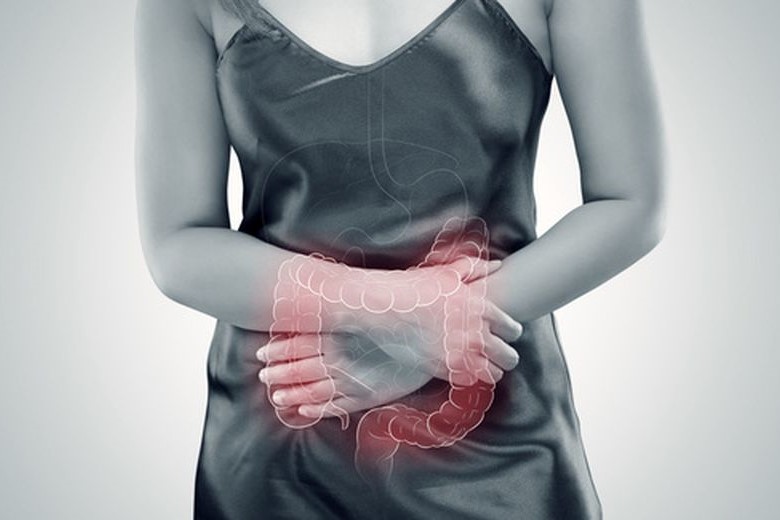
Colonic diverticular disease: diagnosis and treatment of colonic diverticulosis
Colonic diverticulosis is a common condition that afflicts about 50 per cent of the Western population, especially in old age
Only a small percentage of people with diverticulosis have symptoms, and only a few will require surgery.
What is diverticulosis? What is diverticulitis?
Diverticula are pockets that develop in the walls of the colon, usually in the sigma, or left colon, but can also affect the entire colon.
Diverticulosis describes the presence of these pockets.
Diverticulitis represents the inflammation or complications of these pockets.
What are the symptoms of diverticular disease of the colon?
The main symptoms of diverticular disease are abdominal pain (usually in the lower left abdominal quadrant), diarrhoea, colic spasm, change in alvus and occasionally severe rectal bleeding.
These symptoms appear in a small percentage of patients with this condition and are sometimes difficult to differentiate from patients with irritable bowel syndrome.
Diverticulitis – an infection of the diverticulum – may cause one or more of the following symptoms: pain, chills, fever, altered bowel movements.
More significant symptoms are present in more serious complications such as perforation with access or formation of a fistula.
What is the cause of diverticular disease?
Indications suggest that a low-fibre diet over many years causes increased pressure in the colon leading to diverticulosis.
How is diverticulosis treated?
Diverticulosis and diverticular disease are usually appropriately treated with a proper diet, and sometimes with medicines that help control pain, colic spasm and changes in bowel movements.
Increasing the fibre content in the diet (cereals, legumes, vegetables, etc.) and sometimes reducing certain foods reduces the pressure in the colon and these complications occur more rarely.
Diverticulitis requires more careful management.
Moderate cases can be controlled without hospitalisation; this decision must be made by the treating physician.
Treatment consists of antibiotics taken orally, dietary restrictions and the possible use of products that make stools softer.
More severe cases require hospitalisation, antibiotics will be administered intravenously and the diet will be restricted. Most acute attacks can be resolved in this way.
Surgical treatment is reserved for patients with repeated attacks, severe or complicated cases, and when there is a weak response or even no improvement after medical therapy.
In surgical practice, usually a part of the colon, almost always the left or sigma, is removed and the colon is attached and anastomosed to the rectum.
A complete recovery can be expected.
Normal functioning of bowel movements, often recovered after three weeks, can be expected.
What is a colo-rectal surgeon?
Colo-rectal surgeons (or colo-proctologists) are experts in the medical and surgical treatment of diseases of the colon, rectum and anus.
They have usually completed advanced training in the problems related to this field, after having been trained as general surgeons.
Colo-rectal surgeons treat benign and malignant diseases, determine the most appropriate examinations and intervene surgically, only when necessary.
Read Also:
Emergency Live Even More…Live: Download The New Free App Of Your Newspaper For IOS And Android
Gastro-Oesophageal Reflux Disease (GERD): Symptoms, Diagnosis And Treatment
Diverticula: What Are The Symptoms Of Diverticulitis And How To Treat It
Irritable Bowel Syndrome (IBS): A Benign Condition To Keep Under Control
Gastroesophageal Reflux: Causes, Symptoms, Tests For Diagnosis And Treatment
Non-Hodgkin’s Lymphoma: Symptoms, Diagnosis And Treatment Of A Heterogeneous Group Of Tumours
Helicobacter Pylori: How To Recognise And Treat It
A Baby’s Gut Bacteria May Predict Future Obesity
Sant’Orsola In Bologna (Italy) Opens A New Medical Frontier With Microbiota Transplantation
Microbiota, The Role Of The ‘Gate’ That Protects The Brain From Intestinal Inflammation Discovered
What Are The Differences Between Diverticulitis And Diverticulosis?


